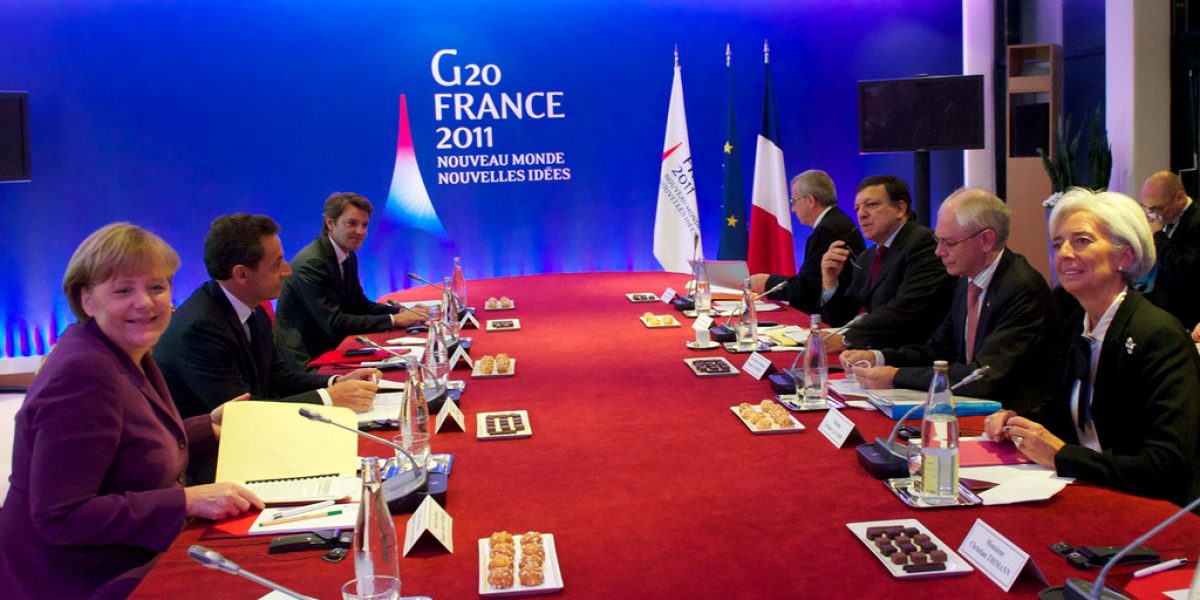In late 2008, a sudden and severe collapse in global trade occurred as demand shocks from advanced economies affected international-supply chains. Similarly, a reassessment of counterparty risk saw a freeze in trade finance, as banks no longer trusted each other. During this period, corporate finance and investment banking services dried up. Notably, the crisis began with and involved investment banks and demonstrated a failure by advanced economies to regulate and adequately supervise financial markets. Major regulatory and policy reforms are therefore expected to include: stronger rules around capital adequacy and liquidity; greater institutional and geographic coverage of regulation; more stringent rules for credit default swaps; policies to control remuneration of bankers; oversight of credit rating agencies; and stronger supervision of large complex financial institutions.
Divergent views exist on the future impact of these reforms on access to finance. Some argue that they will constrain new lending by investment banks, with long-term loans and equity-related exposures becoming more expensive. Shifts towards short-term financing, and risk management products and services will limit asset growth. Another group contends that forthcoming changes will negatively impact trade finance. Regulators, however, find that stronger regulation will bring substantial benefits with modest costs. While several studies find either for or against improved regulation, the bottom line is that perceptions will drive how banks react and evaluate their lending priorities. This is bound to affect developing countries, and may exacerbate access to domestic and cross-border finance, especially for development and infrastructure. Key concerns, however, are about financial sector stability and minimising systemic risk, with closer scrutiny on regulated and unregulated financial institutions.








